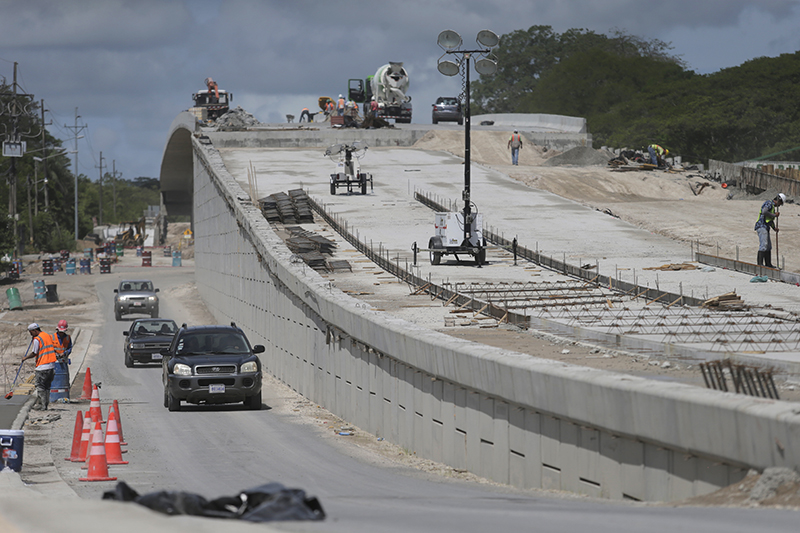
Roads are crucial for any development agenda, connecting workers to jobs, students to schools, the sick to hospitals, and producers to markets. However, carrying goods from one African country to another is often a lengthy and expensive process, partly due to the insufficiency of roads.
Just like other parts of the world, Africa depends a lot on road infrastructure to link its regions and support trade within and between its 54 countries.
Roads are the primary mode of transport on the continent, carrying 80 per cent of goods and 90 per cent of passenger traffic.
Unfortunately, the continent has long struggled with a chronic road infrastructure gap. And only 43 per cent of roads are paved, creating substantial barriers to economic growth and regional integration.
This deficit has led to increased transaction costs and a low level of intra-Africa trade, which accounts for 18 per cent of the continent’s total goods traded.
While many African countries are now making significant investments in road infrastructure, some still lag.
According to a report by Global Firepower, Liberia has the least extensive road network in Africa, covering 10,600km, and ranks 130th globally. Sierra Leone follows with 11,701km, placing 129th, while Mauritania has 12,253km, ranking 126th.
Below are the top 10 African countries with the least road networks:
| Rank | Country | Roadway coverage in kilometres | Global rank |
|---|---|---|---|
|
1 |
Liberia |
10,600km |
130th |
|
2 |
Sierra Leone |
11,701km |
129th |
|
3 |
Mauritania |
12,253km |
126th |
|
4 |
Gabon |
14,300km |
123rd |
|
5 |
Somalia |
15,000km |
121st |
|
6 |
Burkina Faso |
15,304km |
120th |
|
7 |
Eritrea |
16,000km |
119th |
|
8 |
Benin |
16,000km |
118th |
|
9 |
Senegal |
16,665km |
117th |
|
10 |
Niger |
18,949km |
114th |









